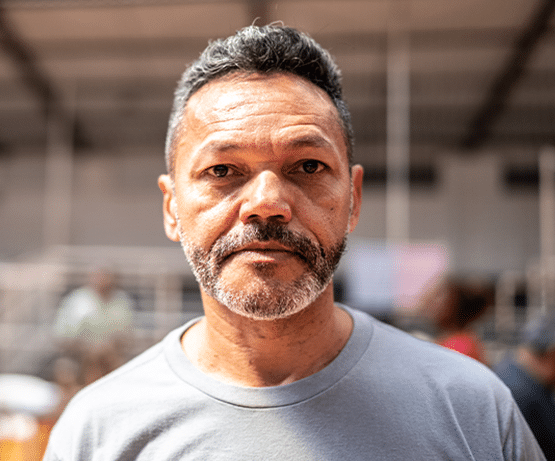An opioid overdose requires immediate medical attention. Call 911 immediately if you or someone you know exhibits any of the symptoms.
Recovery from opioid addiction is possible, but for most, it requires a comprehensive approach that includes medical, psychological, and social support. It often includes interventions like medication-assisted treatment, counseling, support groups, and lifestyle changes. Although recovery can be different for everyone, it means being able to live without the negative consequences of addiction.

If you are experiencing a suicidal crisis or mental health-related distress crisis, call 988. A compassionate, qualified mental health professional will talk with you to better understand the help you need. Get Help
Detox involves medically supervised opioid withdrawal, also known as detoxification. Medication is administered to reduce the severity of withdrawal symptoms that occur when an opioid-dependent patient stops using opioids.
This approach combines medications, such as methadone, buprenorphine, or naltrexone, with counseling and behavioral therapies. Medication-Assisted Treatment can help manage withdrawal symptoms, reduce cravings, and promote long-term recovery.
Working closely with a therapist, various behavioral therapies can be effective in addressing the psychological aspects of opioid addiction. These therapies aim to modify unhealthy behaviors, develop coping strategies, and encourage motivation for change.
Peer support groups like Narcotics Anonymous (NA) provide a supportive environment where individuals can share their experiences, receive guidance, and find encouragement from others in recovery.
A residential “in-patient” treatment program is designed to surround you with the care you need, 24/7. Participants typically have an individualized treatment plan, and work with peer recovery and medical professionals dedicated to your wellbeing. Services typically range from detox to one-on-one and group therapy, family support and other options as needed.
This treatment, also known as “out-patient” involves working with a clinician to develop an individualized recovery plan and personal goals directed toward your growth and recovery. One-on-one, group therapy and family support is typically a part of this approach, as well as any necessary medication that is prescribed and monitored throughout the program.
Especially helpful in rural areas where in-person resources may not be readily available, telehealth is the delivery of health care services or consultations through the use of real time, two-way interactive audio and visual communications. Telehealth provides or supports treatment as well as patient assessment, diagnosis, consultation, treatment education, and care management.
For some, working within culturally specific traditions and practices can be an important part of addiction recovery. Local support groups, such as Narcanon or other addiction-specific services via community or religious organizations may also be effective in supporting one’s recovery journey.
National statistics indicate that 40 to 60% of those in recovery relapse at some point. But this is not as bleak as it seems. If you think about recovery as a journey, you’ll see that it’s seldom a straight line. Like all healing, it’s a process with ups and downs. Should relapse happen, it’s important to be kind to yourself, and use it as a chance to learn.
A part of recovery is understanding yourself and what you need to stay within your goals. It’s also essential to recognize the progress you’ve already made and that resuming your journey is up to you.

In Minnesota, those who qualify can get help to pay for substance use disorder treatment through their local, county, or tribal office. Federal, state, and county governments put money into a Behavioral Health Fund (BHF), so low-income Minnesotans can get treatment.